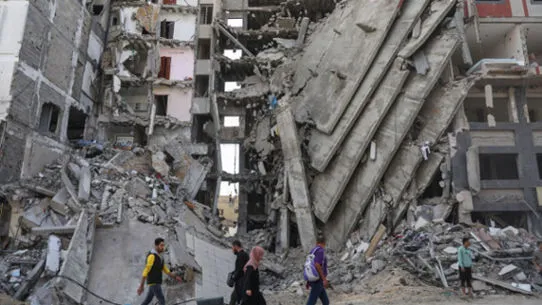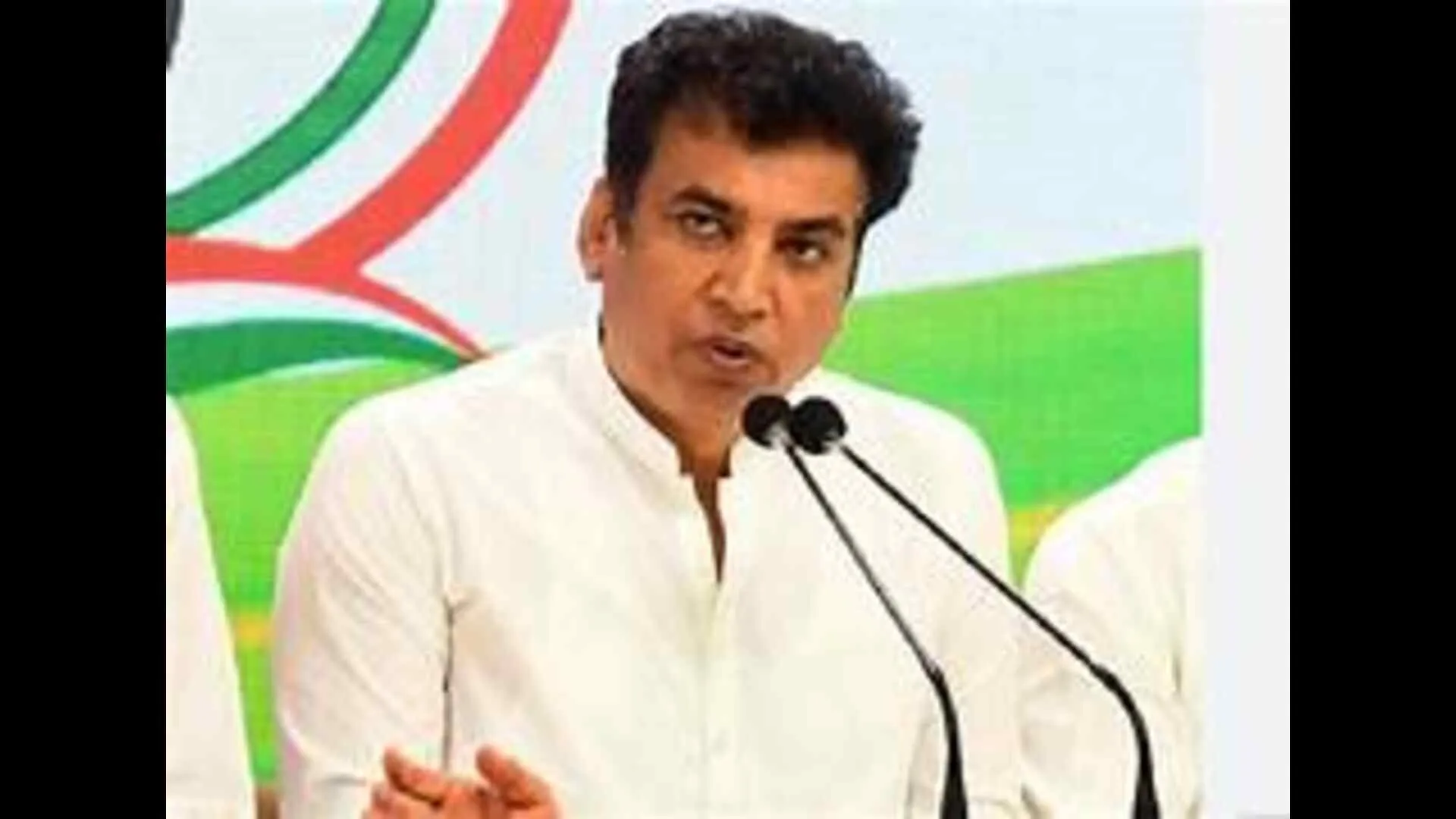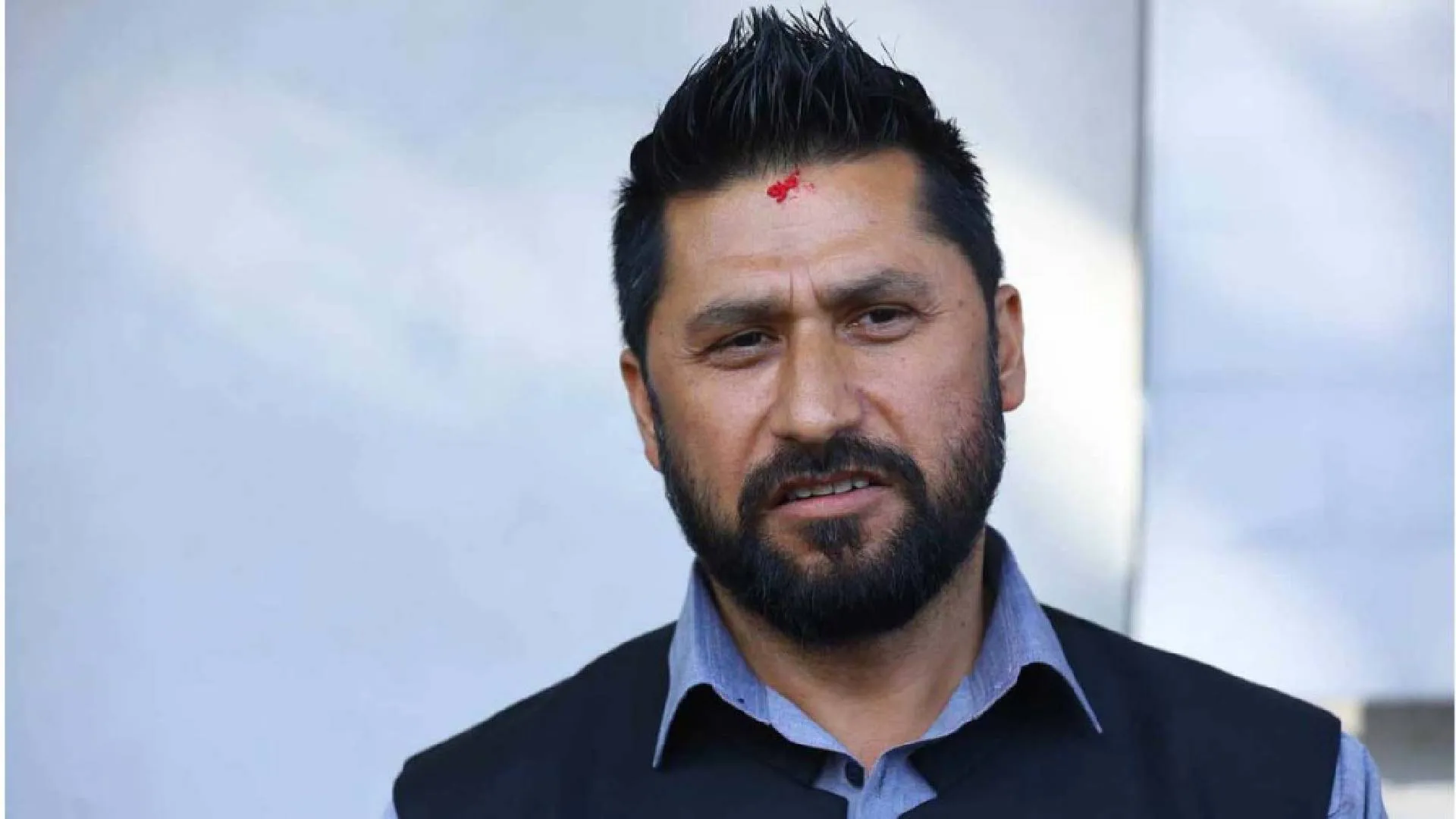The Bengalis breaking the shackles of subjugation experienced the taste of independence for the first time on December16, 1971. The day of a great victory with a great enthusiasm enlivened the nation with a new excitement stirring to be vibrant. The Bengalis, exploited and deprived for the ages, with tears of happiness in eyes marched forward taking a formidable vow.
The ancient Bengali cultural and socio-economic life, the chivalry and boldness of the Bengalis which were in the peak of development seemed to spark once again. The first spark hit up on the 21st February of 1952. On that very day, the demands of the Language Movement amid the blasting Fagoon orchestrated with fisted hands of the agitating masses. The Bengalis launched its fight of existence with the blood stained scratch beginning the jostle with the Pakistanis. The spark that originated in the capital Dhaka in 1952 gradually spread in the every corner of the country.
The countdown finally proclaimed the turn to repay. The Bengalis were getting ready for the final combat. It was clear to the Bengalis that the time of the final bite was imminent. Even the Pakistanis did not remain sitting idle. On 25 March at the dead of night, they pounced upon the sleeping people with deadly weapons to silence the whole nation. The extermination of the Bengalis began. Stench of corpses was in the air and the sky was covered with the gunpowder and smoke. It seemed to turn into a hell. Aggressive claws of the vultures were in the sky; in the earth, there had been mourning of the helpless people. People of all walks of life – students, teachers, intellectuals, cultivators, labourers, smiths, potters took part in this struggle. The irresistible victory of the War of Liberation was heralded with the dawn of 16 December. On this day, the Bengalis achieved the rights to control their own fortune. The independence was earned by the Bengalis in exchange of 30 lac martyrs and chastity of 2 lac mothers and sisters. The Victory Day marks an immemorable glorious day of thousand years of valour and heroism of the Bengali nation. This day is a day of emergence of a heroic nation. The day is the day of declaring of an independent land named Bangladesh in the world map. The ultimate victory was achieved through the surrender of the Pakistani soldiers on 16 December, 1971. Accordingly, the last Victory Day marked 50 years of victory.
The Bengali nation subjugated for thousands of years never experienced such a great inspiring time like that of 1971. The Bengalis had never seen earlier in such a heroic, united and determined fighters’ role despite the risk of laying down life at every moment. Fifty one years have passed since the victory of great Liberation War and Independence. In this historic moment, we, still alive, are undoubtedly fortunate. A huge number of freedom fighters who celebrated the jubilation of Independence in the liberated motherland on 16 December of 1971 have not been able to witness Bangladesh enlightened by development marking the golden jubilee after 51 years of independence. They have not been able to join such a historic glorious ceremony.
Bangladesh, by adopting its own strategy has been elevated as a self-reliant developing country. Bangladesh has been changed during the last one decade under the extra-ordinary leadership of Bangabandhu’s daughter Deshratna Prime Minister Sheikh Hasina. Presently, Bangladesh is a country of rapidly developing economy. All the festivities will take a gloomy look in this Bangladesh achieved through the pool of blood of 3 million martyrs if Bangladesh can not emerge as ‘sonar bangla’ in all spheres. We are proud of the achievements. The position Bangladesh has gained throughout 51 years after the War of Liberation is not less glorious. Alongside with the glorious achievements, however, there are some stigmas also. The home coming of the Architect of the Independence, Father of the Nation Bangabandhu on January10, 1972 glorified the victory. To endure the disastrous shock of the assassination of Bangabandhu along with his family members had been impossible indeed. This unbearable blow came when the Father of the Nation, after home coming, was working hard day and night to pull out the war-ravaged country from the debris, when achieving recognition as an independent Bangladesh from different states of the world reached a satisfactory level and when attaining membership of the different world bodies including the United Nations had brought a huge familiarity for Bangladesh at the global arena.
Bangladesh had been driven against the spirit of the War of Liberation from 1975 to 1995 with the military rule for most of the time either in uniform or in civil dress. The unimaginable progress that Bangladesh has made in theeconomic and technological fields during the last decade is also a wonder to the world community. If Bangabandhu had not been the victim of the local and international conspiracy, if he could survive only 10 years more, Bangladesh in its golden jubilee could ensure its glorious position as one of the wealthy countries of the world. Though it is delayed, Bangabandhu’s able daughter Prime Minister Sheikh Hasina, meanwhile, has gone a long way to materialize ‘sonar bangla’ as dreamt by the Father of the Nation. Bangladesh, by this time, has attained a prestigious position in the world. But, still a long way to go to establish Bangladesh, in the true sense, as a happy and prosperous country, Sonar Bangla which was a life long dream of Bangabandhu.
The author is Member, Advisory Council and Chairman, Youth & Sports Sub-Committee, Bangladesh Awami League.























